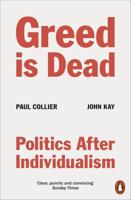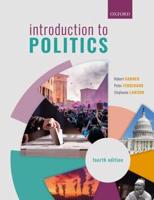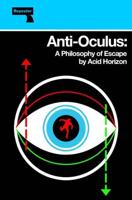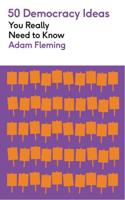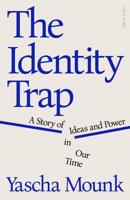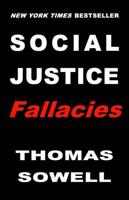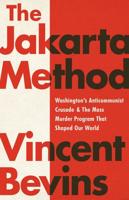Publisher's Synopsis
Excerpt from Introductory Address: Of the Session of 1878-9 of the Law Department of the University of Pennsylvania
The American lawyer has a peculiar experience. Coming generally from the horizontal plane of the people, before the noon of life he toils for bread, but when his sun has reached the meridian he begins the pursuit of reputation and honor, trusting that his even ing rays will grow into the gorgeous light of a brilliant sunset; and in this expectation, if learned and honest, he is seldom disappointed.
Much of the success of a lawyer depends on right notions of law and government, the want of which forms the trickster and the pettifogger. But when his mind is filled with just conceptions of their true origin, and he traces all laws to their divine source, he rises to the grandeur of their import, and his conscience be comes alive to their obligation. Without a proper sense of the obligation of law, he degenerates into the common-place practitioner and the cunning advocate.
Law! Grand, divine, immortal energy! Springing from the unbounded depths of jehovah, it pursues nature into all her pathways, and invests all being with its power. Surrounding man with a divine investure, it accompanies him at every step from birth to death, forming his code of morals, and becoming the guide of his conduct, and the true basis of right government. There is a unity and harmony centring all things natural and moral in the Creator, and binding all their systems of order in a single bond. It cannot be other wise, unless we suppose more than one creator of matter and of mind; for the same great Author deals not in repugnant diversity, but unites all things in simple oneness.
The physical nature of man, body and brain, is gov erned by the natural law. These organs of life and thought are the instruments of human conduct, through which the spirit acts, and necessarily partakes of that law which governs vital and mental action. Human conduct, the special subject of moral law, is itself a necessary result of the natural constitution of man, for his relations to others spring from natural conditions the sexes, birth, growth, and sustenance by food.
About the Publisher
Forgotten Books publishes hundreds of thousands of rare and classic books. Find more at www.forgottenbooks.com
This book is a reproduction of an important historical work. Forgotten Books uses state-of-the-art technology to digitally reconstruct the work, preserving the original format whilst repairing imperfections present in the aged copy. In rare cases, an imperfection in the original, such as a blemish or missing page, may be replicated in our edition. We do, however, repair the vast majority of imperfections successfully; any imperfections that remain are intentionally left to preserve the state of such historical works.

